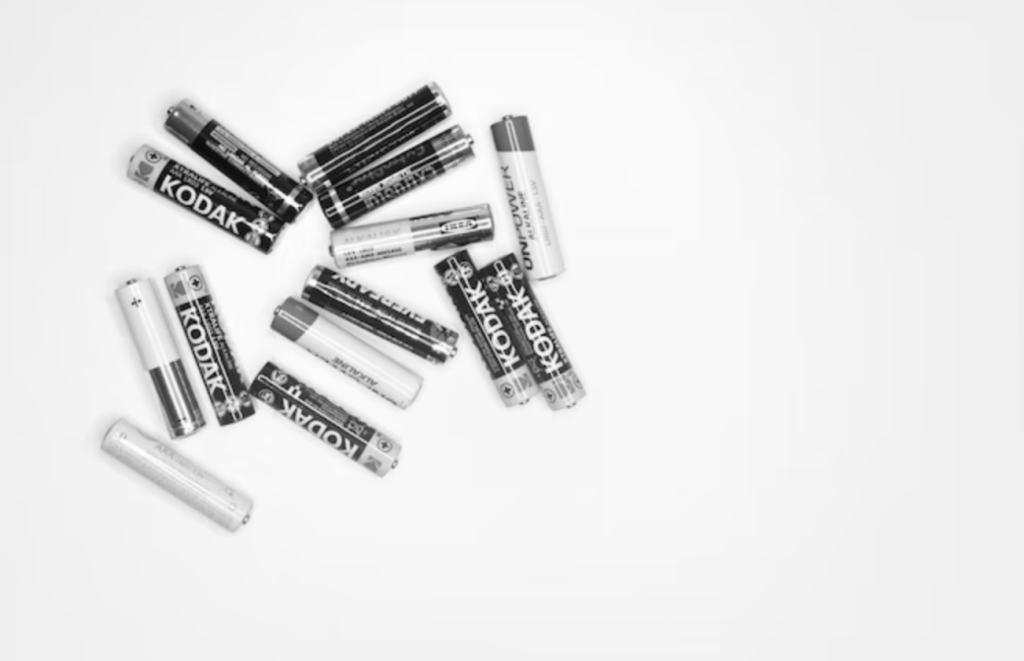Lawmakers Fervently Working To Keep Dead Batteries Out Of The Trash, Here’s Why
Washington state is trying to pass legislation that would require all dead batteries to be responsibly recycled.
This article is more than 2 years old

Batteries of all shapes and sizes are becoming increasingly vital to daily life, especially as lawmakers and regulators continue to push an electrify everything agenda—for better or worse. That said, degrading batteries are dangerous for the environment in more ways than one. However, Washington state is thinking ahead and is trying to enact legislation that would prevent large swaths of dead batteries from ending up in landfills.
To stop dead batteries from exuding toxic chemicals and contaminating groundwater during their erosion process, Washington state is attempting to pass a bill that would better regulate where dead batteries end up and where and how they should be properly recycled. The Senate Bill labeled 5144 would essentially put the responsibility of battery recycling on battery producers themselves.
The proposed dead batteries bill has a tiered structure. Geek Wire detailed that the first phase of the bill would require battery producers to develop collection/recycling programs for smaller batteries meant for household use by 2027. For instance, instead of just throwing used-up Duracell batteries in the trash, the consumer would have to return the batteries to the producer so that they can be properly recycled.
The second phase would require battery producers to develop similar recycling strategies for larger dead batteries weighing up to 25 pounds. However, what happens to dead vehicle batteries (which can weigh hundreds of pounds) would fall on the shoulders of Washington’s Department of Ecology. Overall though, regulating dead batteries with a clearly outlined law is viable.
For instance, Apple already offers consumers a similar option for outdated devices. A consumer can take their old broken iPhones, MacBooks, etcetera, to any Apple retail location so that they can be responsibly recycled. Making battery recycling a law would mobilize the general public, and Washington happens to be a good place to start.
Geek Wire explained that Washington already has a lot of voluntary recycling programs in place that encourage folks to dispose of their dead batteries responsibly. For example, many retailers host drop-off locations and partner with companies like Call2Recycle that periodically pick up the dead batteries and transfer them to facilities where the reusable parts are recycled and then the remnants are safely broken down.
Leo Raudys, the CEO of Call2Recycle, said that in 2022 his company was able to successfully collect 227,000 pounds of dead batteries. Should this new legislation pass, that number would grow exponentially as it would require all major battery producers to offer services similar Call2Recycle’s. Raudys is really vying for this new proposed legislation to pass largely because of the latter requirement.
Raudys says that by requiring companies to come up with simple solutions for the public to follow in order to properly recycle dead batteries, it lessens one of the biggest barriers that prevent people from taking initiative to do so on their own. Raudys explained that for any implementation to make a difference you have to whittle your efforts down to the lowest common denominator of human behavior, “You need to make it simple,” emphasized Raudys. Raudys point is, essentially, that if it’s not simple people won’t bother to do it.
Moreover, while the new proposed dead batteries legislation seems promising, this is not the first time that Washington has tried to pass a bill such as this. However, if the senate is successful in passing the bill that would make Washington an early pioneer in preventing unforeseen environmental issues that are sure to arise in the future as a result of decaying batteries. And in doing so, optimistically speaking, perhaps other states will begin to follow its lead in the coming years.






